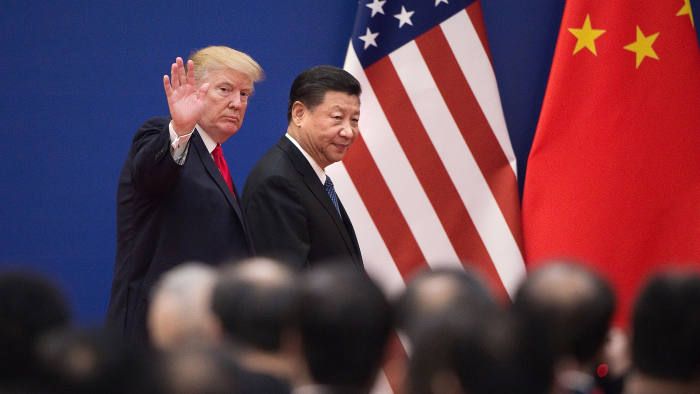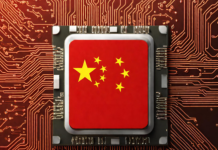Earlier this morning (23rd December 2019), China announced that it would cut import taxes and tariffs on a range of over 850 products. The changes will be implemented with effect starting from 1st January 2019 and are being made to boost imports amidst a slowing economy and a trade war with the US.
China’s Customs Tariff Commission of the State Council has stated that the move is aimed at promoting a “high quality development of trade.” According to a Chinese news agency, Xinhua, the new adjustments are being made to further the coordinated plans of development of trade and environment by the country.

From the list of 859 total products seeing an effective change, a few of the notable ones include frozen imported meats (pork, as China is one of the largest consumer of the meat and the country was hit with a recent virus that affected indigenous animals), essential pharmaceuticals (asthma inhalers and diabetic drugs), paper products and crucial components of electronic products (integrated circuits and key semiconductors components).
Editor’s Pick: Honda to bring futuristic Augmented Driving Concept car to CES 2020
Furthermore, the products from Australia, New Zealand, South Korea, Singapore, Switzerland, Pakistan, and a few Latin countries will be charged with even lower tariffs under the new free-trade agreements. So far, the move does not seem to be directly caused by the aftermath of the US-China trade disputes. Earlier this month, both sides had announced a minor agreement to reduce a few of the tariffs levied to prevent further impact on the global trade growths for either side.

Previously, China had also exempted a list of US based chemicals from import tariffs, which included variants of industrial glue and other adhesives, industrial polymers and types of paraffin which is used in both cosmetics and food products. Notably, it is stated that China plans on further reducing import tariffs on some technology products as well from the 1st of July 2020.
Thus, it could mean that in 2020, trade relations have a better chance of being revitalized in China. This could also imply that the import of semi-assembled smartphones and its crucial components will be levied lower tariffs allowing for foreign companies like Apple to be a bit more competitive with its pricing in the East.
UP NEXT: Vivo X30 sets Guinness World Record for highest number of people in a photo relay






